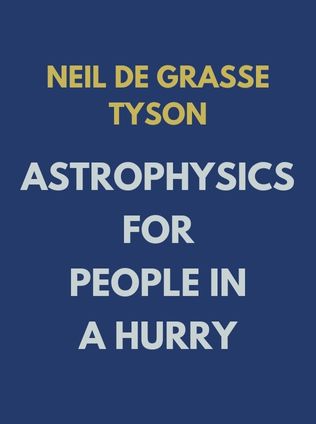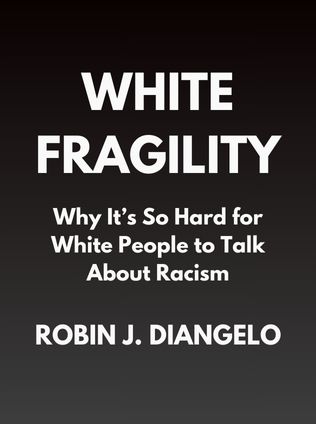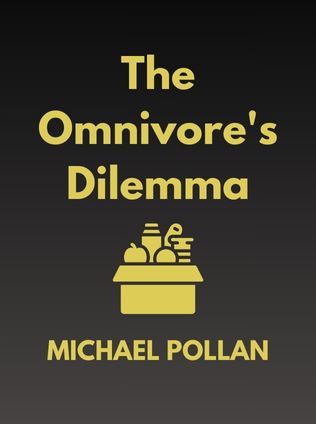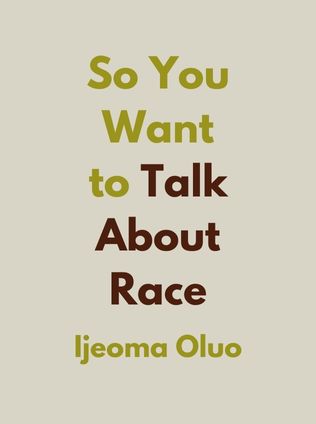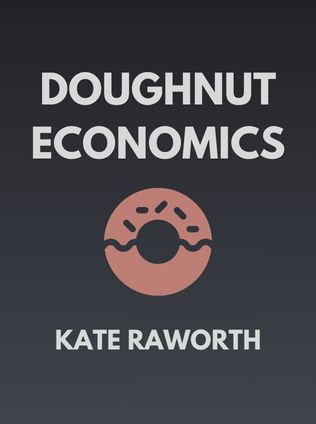
Doughnut Economics
Seven Ways to Think Like a 21st-Century Economist
By Kate Raworth
Published 04/2017
About the Author
Kate Raworth is an economist who has challenged traditional economic thinking by introducing a more holistic and sustainable approach. Educated at the University of Oxford, Raworth has devoted her career to rethinking economics in ways that align better with the social and ecological challenges of the 21st century. Her work spans academia, activism, and policy-making, as she seeks to influence how societies understand and implement economic policies.
Raworth's most influential work, "Doughnut Economics," published in 2017, has garnered international acclaim for its bold reimagining of economic theory. In this book, she introduces the concept of the "Doughnut" as a visual framework for sustainable development, challenging the growth-at-all-costs mentality that has dominated economic thinking for centuries. Raworth argues that the ultimate purpose of the economy should be to meet the needs of all people within the means of the planet, an idea that has resonated with policymakers, academics, and activists around the world.
Main Idea
"Doughnut Economics" redefines the purpose of economics by shifting the focus from endless growth to ensuring human prosperity within ecological limits. The book presents a new economic framework where the goal is to achieve a balance—meeting the needs of all people (represented by the inner ring of the Doughnut) without exceeding the planet’s environmental boundaries (the outer ring). Raworth argues that to achieve this balance, we must rethink the goals of economic policy, redefine human well-being, and embrace sustainable practices that can regenerate our social and ecological systems.
Table of Contents
- Introduction: The Doughnut as a New Economic Framework
- Chapter 1: Redefining the Purpose of Economics
- Chapter 2: Moving Beyond GDP as the Measure of Success
- Chapter 3: Rethinking Economic Models
- Chapter 4: Creating a Distributive Economy
- Chapter 5: Building a Regenerative Economy
- Chapter 6: The Role of Government in the Doughnut Economy
- Conclusion: A Call to Action for Economists and Policymakers
Introduction: The Doughnut as a New Economic Framework
In the introduction, Raworth presents the central metaphor of her book: the Doughnut. The Doughnut represents a safe and just space for humanity. The inner ring signifies the minimum standards for a good life—things like food, water, healthcare, and education—while the outer ring represents the ecological ceiling, beyond which environmental degradation occurs. The goal of Doughnut Economics is to operate in the space between these two rings, ensuring that everyone has their basic needs met without overstepping the planet’s ecological boundaries.
"Humanity’s challenge in the 21st century is to meet the needs of all within the means of the planet." - Kate Raworth
Raworth argues that the traditional economic models, which focus on continuous growth and GDP as the primary indicators of success, are outdated and insufficient for addressing the complex challenges of today’s world. Instead, she proposes a shift towards an economy that values social equity and environmental sustainability just as much as economic prosperity. This shift requires rethinking the very foundations of economic theory and practice, moving away from a focus on growth at all costs and toward a balanced approach that considers both human well-being and ecological limits.
Chapter 1: Redefining the Purpose of Economics
Raworth begins by critiquing the traditional goals of economics, which have long prioritized growth and efficiency over other considerations. She argues that this growth-centric approach has led to significant social and environmental problems, including inequality, poverty, and ecological destruction. According to Raworth, the purpose of the economy should not be to maximize GDP but to ensure that everyone can live a dignified life within the means of the planet.
She proposes that economists need to redefine what success looks like. Success should be measured not by the accumulation of wealth, but by the ability of the economy to provide for all people without causing ecological harm. This requires a fundamental shift in the way we think about economics, from seeing it as a machine that needs to be constantly fueled by growth, to viewing it as a living system that needs to be nurtured and balanced.
Sign up for FREE and get access to 1,400+ books summaries.
You May Also Like
Rich Dad Poor Dad
What the Rich Teach Their Kids About Money - That the Poor and Middle Class Do Not!
By Robert T. KiyosakiFreakonomics
A Rogue Economist Explores the Hidden Side of Everything
By Steven D. Levitt and Stephen J. DubnerI Am Malala
The Story of the Girl Who Stood Up for Education and Was Shot by the Taliban
By Malala YousafzaiFactfulness
Ten Reasons We're Wrong About the World – and Why Things Are Better Than You Think
By Hans RoslingBraiding Sweetgrass
Indigenous Wisdom, Scientific Knowledge and the Teachings of Plants
By Robin Wall Kimmerer









